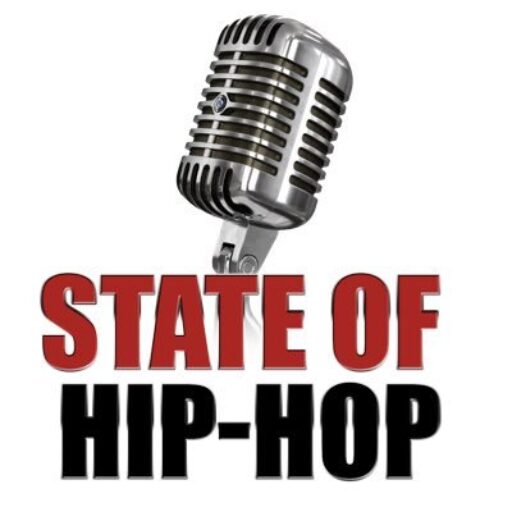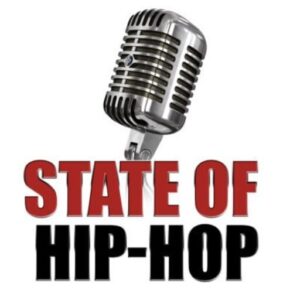On April 4, the New York State Education Department pushed back forcefully against the Trump administration’s escalating threats to diversity, equity, and inclusion programs—marking the clearest stance yet, even as institutions like Columbia University appear ready to compromise in exchange for federal funding.
According to The New York Times, Daniel Morton-Bentley, deputy commissioner for legal affairs at the New York State Education Department, accused the Trump administration in a letter to federal education officials of trying to “censor anything it deems‘diversity, equity & inclusion.”
Morton-Bentley continued, “But there are no federal or state laws prohibiting the principles of DEI.,” indicating in the letter that the federal government has failed to clarify which practices of DEI run afoul of civil rights protections.
His letter, which was sent one day after the administration sent its own letter requesting that education officials from across the country confirm the elimination of DEI, marks the most public and forceful resistance to the demands of the Trump administration.
New York State will likely be joined in its defiance by the city of Chicago, whose mayor, Brandon Johnson, indicated to the Chicago Tribune that the city would take the administration to court if it tried to pull funding.
“We’re not going to be intimidated by these threats,” Johnson told the outlet. “It’s just that simple. So whatever it is that this tyrant is trying to do to this city, we’re going to fight back.”
Public school systems, unlike universities, are not beholden to federal funding, and thus have some leeway because the majority of their funding comes from state and local taxes.
The continued pressure on American universities to bow to the desires of the federal government so they can continue receiving federal funding has drawn criticism, according to a March report from The Guardian.
Jameel Jaffer, the executive director of the Knight First Amendment Institute at Columbia University, indicated to the outlet that this kind of pressure is more than likely illegal and hinted at a crisis to come in higher education.
“They can’t require Columbia to take the steps that they’re demanding Columbia take, and no university could take these kinds of steps without completely destroying its credibility as an independent institution of higher education, or take these steps consistent with the values that are common to universities in the United States,” Jaffer told the outlet.
Morton-Bentley, however, seemed acutely aware that the federal government’s argument, which is largely based on an expanded reading of the Supreme Court’s 2023 decision that race-based affirmative action are unlawful at colleges and universities, did not extend to public schools based on his fiery response to the federal government.
According to Morton-Bentley’s letter, the court case does “not have the totemic significance that you have assigned it,” and he cautioned federal officials that although they could absolutely make policy pronouncements, they could not, however, “conflate policy with law.”
Morton-Bentley also assailed the shift in tone and tenor of the federal government in his letter by contrasting the current administration’s position to the position of the first Trump administration in 2016.
“This is an abrupt shift,” Morton-Bentley wrote, before pointing out that the federal government had “provided no explanation for how and why it changed positions,” and furthermore, he indicated that the New York State Education Department would not be complying with the administration’s demand to certify compliance with the letter, writing in his own correspondence that “No further certification will be forthcoming.”
RELATED CONTENT: Colleges Cut Ties With The PhD Project, Which Boosts Black Representation In Business, Amid Pressure From Trump


